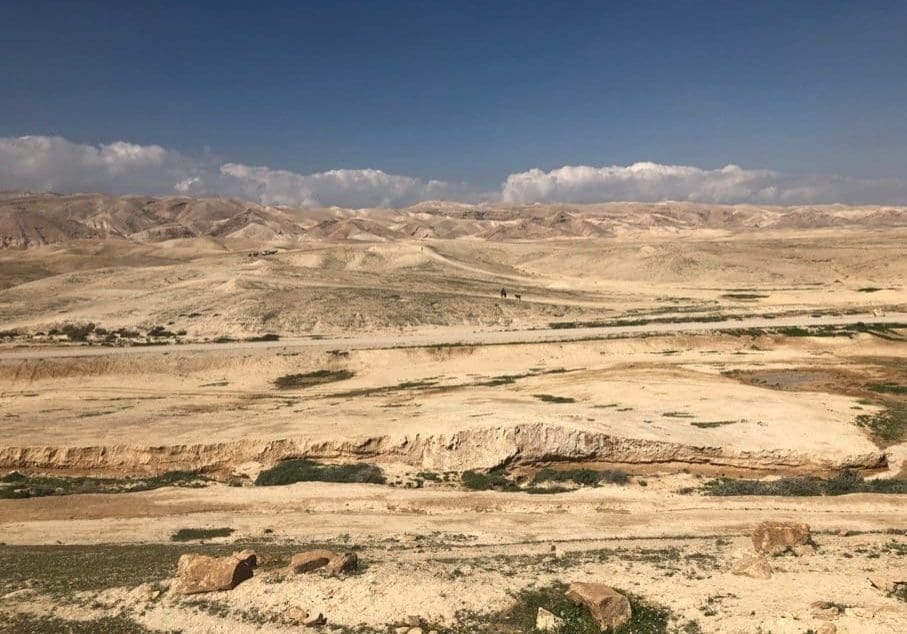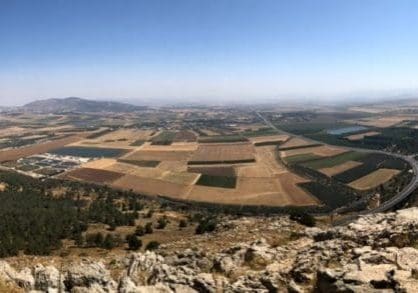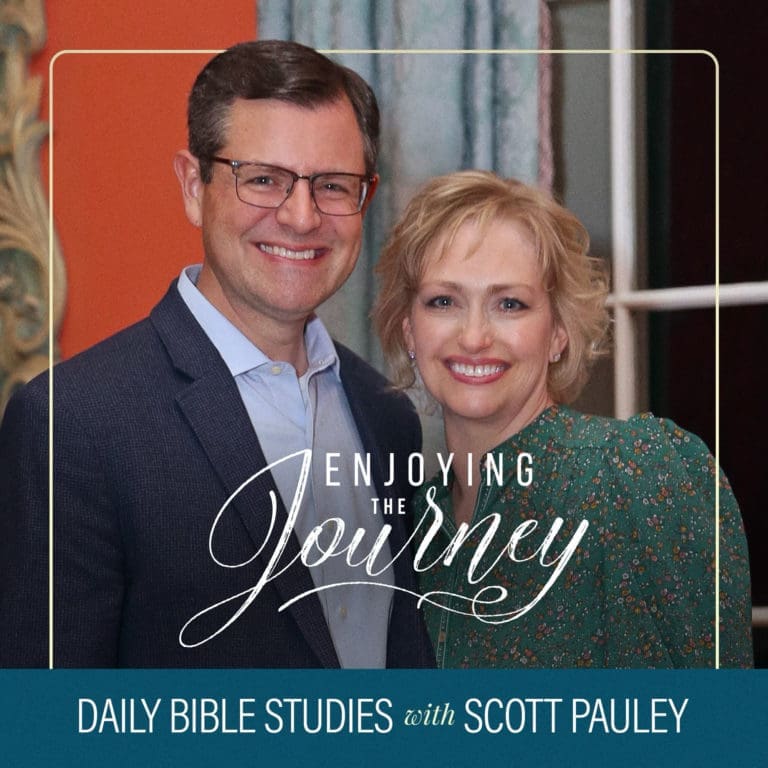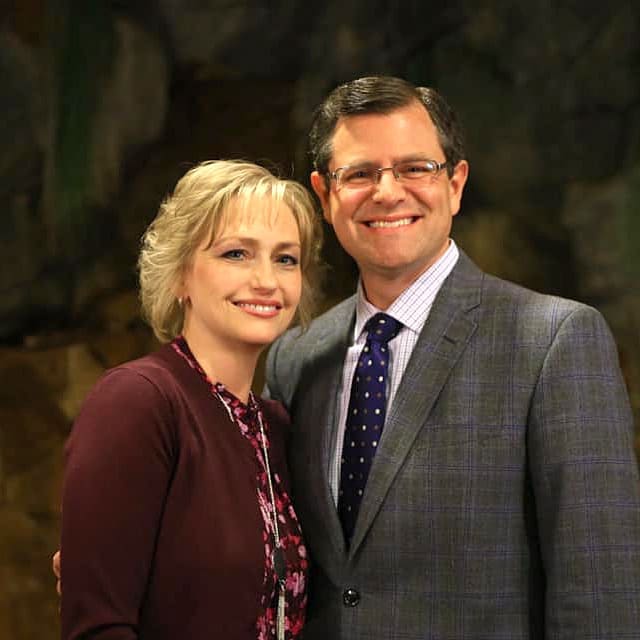This week a fine young man sent me a message asking how to keep his mind fixed on Christ while surrounded by so many distractions. It is not an easy question to answer because it is not an easy task to fulfill. It is the battle that all of us fight every day!
My response to him was brief. I am more convinced every day that God intended His children to meet Him in the morning. The devotional time is not limited to a few minutes alone. We enter the presence of God so that we may live in His presence all day. The great goal of prayer and meditation in the Word of God is to know God in a greater way. You can step out of your quiet place without stepping out of His conscious presence by taking some truth with you about the Lord. Never leave without a verse or spiritual truth that you can pray about and meditate on throughout the day. In this way you feed on God and His Word wherever you go!
 Few of us would consider eating only one meal a week. If you are like me you eat several times every day! Why would we do more for our bodies than we would for our souls? This is why the Lord Jesus taught His disciples to pray, “Give us day by day our daily bread” (Luke 11:3).
Few of us would consider eating only one meal a week. If you are like me you eat several times every day! Why would we do more for our bodies than we would for our souls? This is why the Lord Jesus taught His disciples to pray, “Give us day by day our daily bread” (Luke 11:3).
- Daily bread is a recognition of our need. We are weak and need strength and sustenance we do not have. A dear friend said to me not long ago, “Scott, we all have the idea that at some point we will not have the same struggles. That never happens. We start over every day. Every day we need the Lord.”
- Daily bread is a realization of God’s provision. For all of my lack, He is enough! Learning to be content is a process, a process of realizing that “as thy days, so shall thy strength be” (Deuteronomy 33:25).
- Daily bread is a reminder to pray daily. Why are we not commanded to pray, “Give us this week our daily bread?” or “Give us this month our daily bread?” God designed life to be lived with daily dependence on Him and daily communion with Him. Walking with God is a daily matter.
- Daily bread is the means of remembering the needs of others. When we pray for “our daily bread” we typically think only of ourselves, yet the Lord uses the plural – “give us this day our daily bread.” Don’t just pray for yourself! You are seeking blessing for others. Many times God will give you grace and truth that someone else needs – someone who God will bring across your path that day! Read the verses that follow this famous prayer – Luke 11:5-10. Pray for bread with which to feed others and God will make very sure that you get fed.
Our daily bread is a way of life. The children of Israel had to pick up their daily bread fresh every morning, and so do we. But, oh, what a joy it is! Because the bread is not some thing; it is Someone. Christ Himself is the morning manna that sustains our inner man. Robert Murray M’Cheyne said it best:
Christian, learn to feed more on Christ: “Eat, O friends! drink, yea drink abundantly, O beloved!'” When you are asked to a feast, there is no greater affront you can put upon the entertainer than by being content with a crumb below the table. Yet this is the way the Christians of our day affront the Lord of glory. Oh, how few seem to feed much on Christ! How few seem to put on His white flowing raiment! How few seem to drink deep into His Spirit! Most are content with a glimpse now and then of pardon – a crumb from the table, and a drop of His Spirit. Awake, dear friends! “These things have I spoken unto you, that your joy may be full.”
Come to His table every morning and you will not be disappointed. He is there. The Spirit of Christ is “our daily bread” (Luke 11:11-13). He will fill you and prepare you to feed others.







Well written and answered! And Amen!